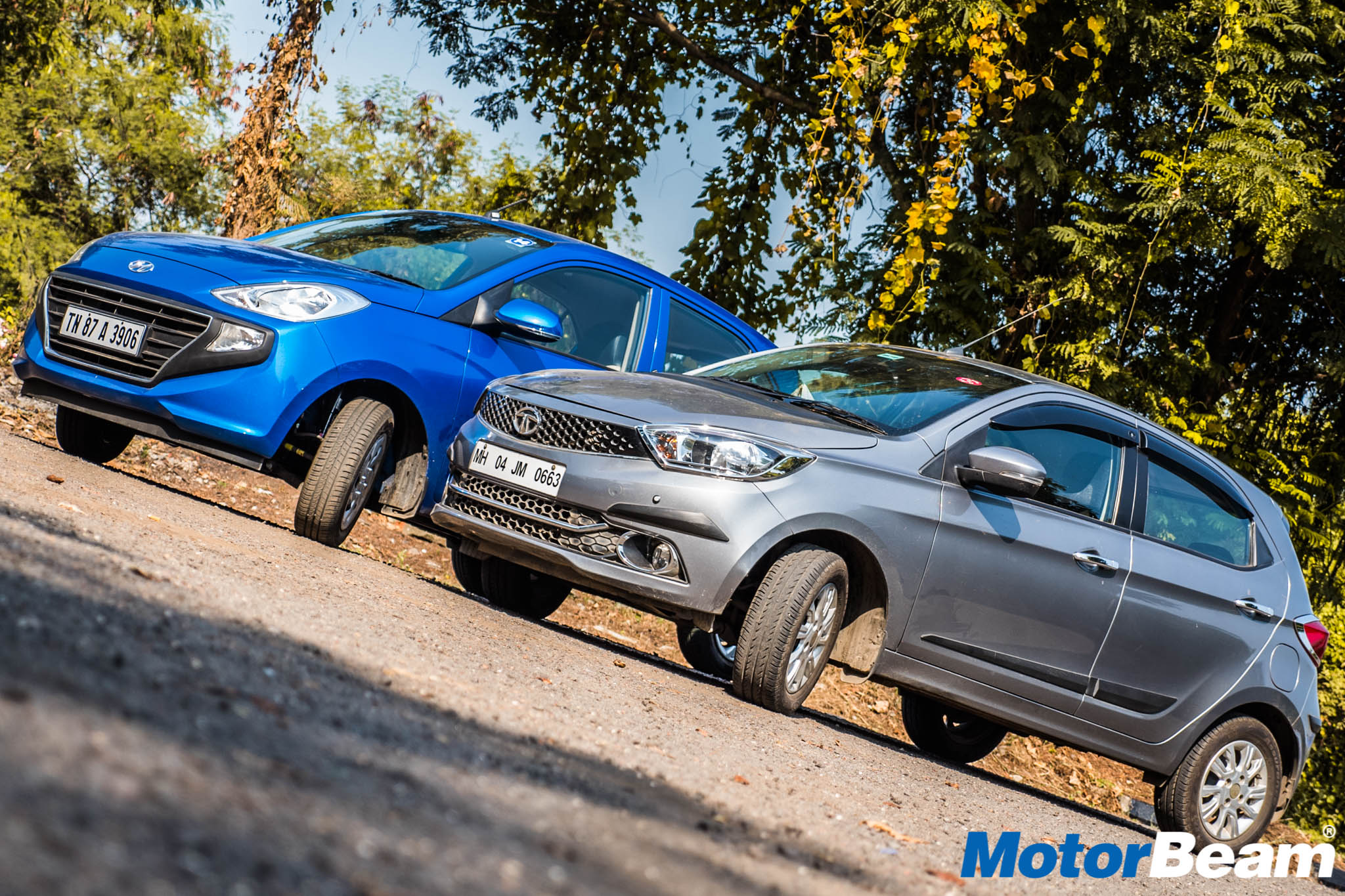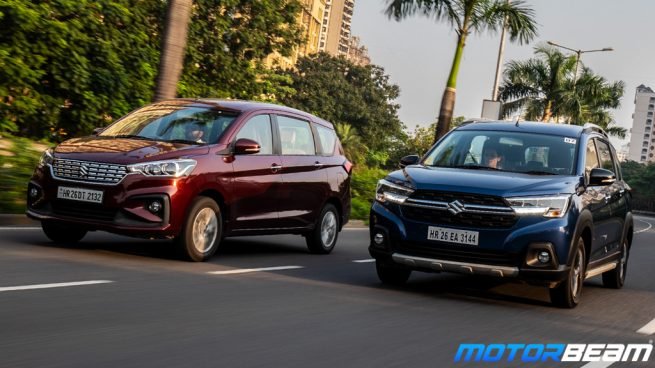
Diesel vs Petrol
Today I’ll be talking about a widely discussed topic – diesel vs petrol. I was in my teens when one day, my neighbour was proudly showing off his brand new diesel car to my father. I so happened to spectate this conversation and clearly my neighbour was awestruck with its exceptional fuel efficiency. We decided to check out his car and it was a brand new Maruti Zen diesel. He cranked the engine and seismic waves were felt in the Sahara Desert, that is how noisy it was and my excitement just fell from a height more than the Burj Khalifa. The Peugeot sourced oil-burner was short on power and extremely noisy. It was Tata who properly introduced mass market diesel cars with the Indica and from there the trend picked up.
The bigger revolution came when common-rail diesels started selling in India. The Fiat MultiJet or the ‘National Diesel Engine of India’ was solely responsible for bringing the diesel revolution in recent times. It was less noisy, powerful and delivered great fuel efficiency, something which most people desired and the rest is history. At one point, the diesel passenger car market touched over 70% and suddenly everybody wanted a diesel car. At that time, there was a considerable difference between petrol and diesel prices, making diesel cars even more lucrative. However, over the last few years, things have gradually tilted in favour of petrol.
People have often asked me what is my take on diesel vs petrol. The answer is complicated. It depends on the type of car actually. I love turbo petrols like the Polo GT TSI, these cars are fun, quick and satisfying to drive. On the other hand, the 2.0-litre diesel of the Jeep Compass adds all of the above and wont burn a hole in your pocket. The common man preferred diesel power predominantly due to the savings it offered, however this is now null and void as prices of both petrol and diesel are practically a whisker apart and begs the question. As prices of diesel increased post deregulation, manufacturers saw a drop in the sales of diesel cars while petrol-powered cars saw an increase in the numbers.
This prompted some manufacturers to completely get rid of diesels from the portfolio citing shift to BS6 as the excuse. Let’s take the example of Maruti. Before we moved to BS6, the on-road price difference between the top-end petrol and diesel Ertiga was nearly Rs. 2.25 lakhs. Not only was this ridiculously steep, it was to deter customers from opting for the diesel variant and a lot of people started the diesel vs petrol debate. Funny thing is that Maruti had recently got their own 1.5-litre diesel engine and the inside story is that converting it to BS6 was proving to be more expensive than they had imagined, so they decided to drop diesel completely from their portfolio.
Similar was the story with Renault-Nissan, who got rid of their K9K series of diesel powertrains citing that they weren’t BS6 complaint. Although they have introduced new turbo petrol engines, they certainly won’t match the fuel economy offered by the former. Meanwhile other manufacturers like Hyundai and Ford proved to others that moving to BS6 didn’t really cost a bomb and both these continue to sell their cars equipped with diesel power at competitive prices. So one thing is now certain, economically it is not a major boon to consider diesel as the advantage of fuel economy is negated by the higher cost of purchase and maintenance over its petrol counterpart.
So we are back to the question again (diesel vs petrol), which one would you pick (this question is not for fleet operators)? Most people will opt for petrol as it makes economic sense and with turbo petrols making it into mass market segment, this will also be a good choice for those who look for some excitement on the go. As for me, I would still pick diesel for the following reasons – better drivability due to availability of low-end torque, higher range than petrol cars and if you drive as much as I do, you would also end up saving money due to better fuel economy in the long run. To summarise, you can’t be right or wrong to select either if the two, it would depend primarily on the way you like to use your car. In case you prefer to pick neither and argue that CNG is the best option, you are nothing short of a legend.





